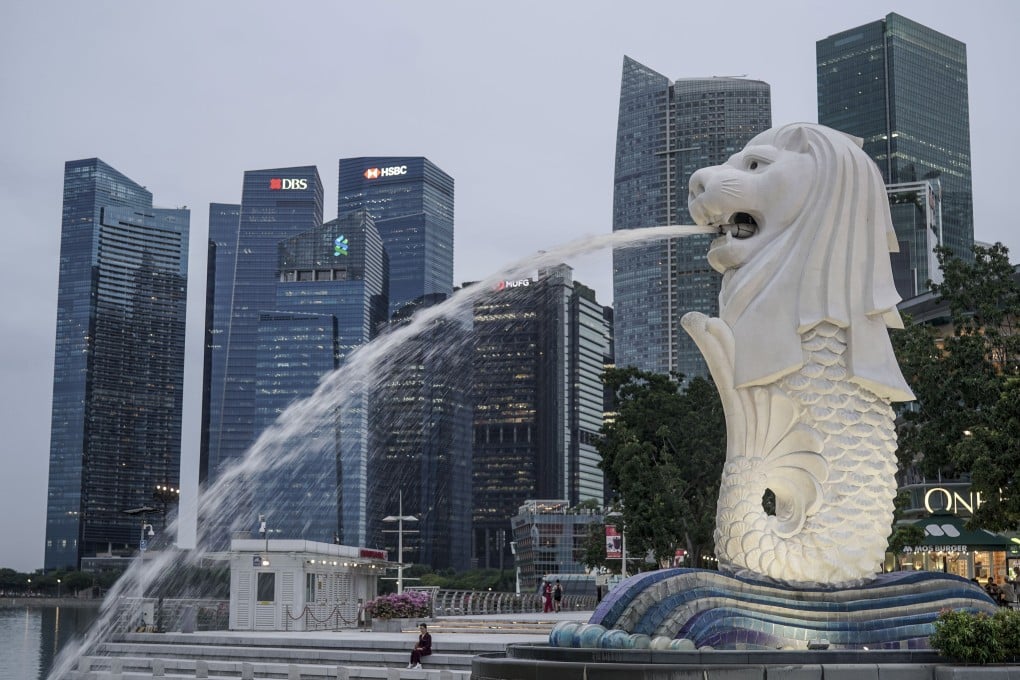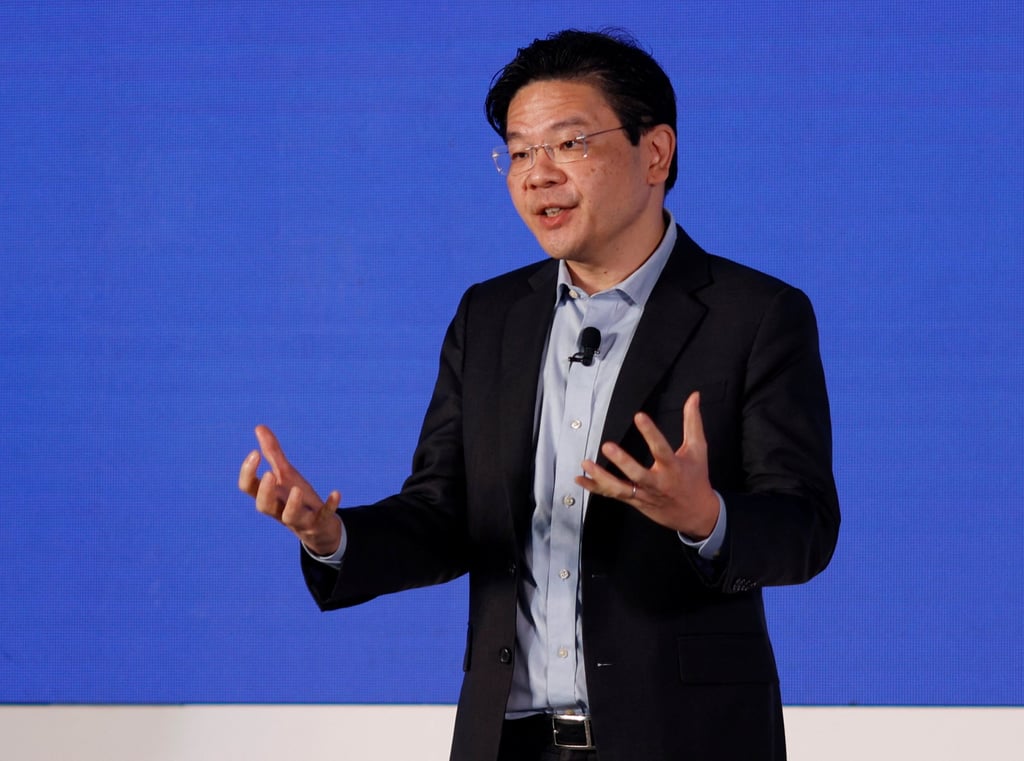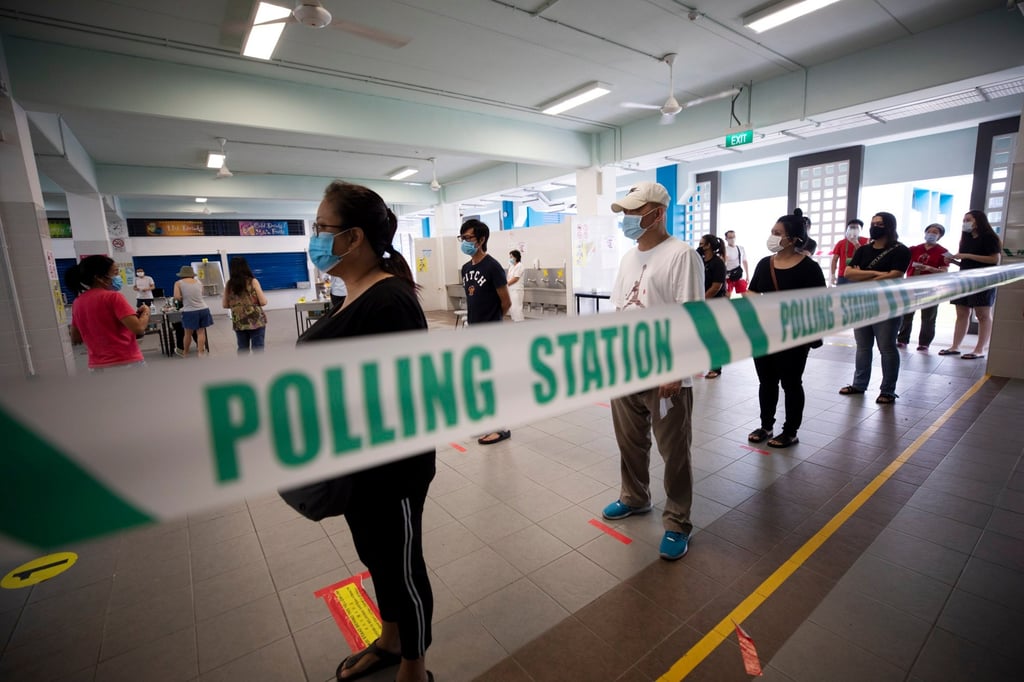Forward Singapore campaign: what’s in it for Singaporeans, and for leader-in-waiting Lawrence Wong?
- Feedback exercise offers Lawrence Wong, the next prime minister, a timely platform to strengthen his political legitimacy before a general election, analysts note
- How Wong’s team tackles contentious issues, willingness to connect with citizens will be key to whether exercise succeeds or fails

Two months ago, Singaporeans were introduced to a new national feedback exercise. They were told to share their problems, contribute ideas and help shape the city state’s future.

In the weeks that followed, the initiative would be emphatically brought up by top officials in the city state.
Manpower Minister Tan See Leng described it as having “important conversations” to better understand issues and develop “meaningful solutions” for the people.

Polls nearing?
While such nationwide, multi-agency exercises are not new – previously spearheaded by soon-to-be successors of the top job – observers suggest it could be the starting point of a political campaign by the ruling People’s Action Party (PAP) and the first signs that an election could be called earlier than expected.